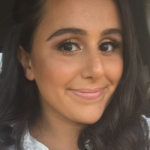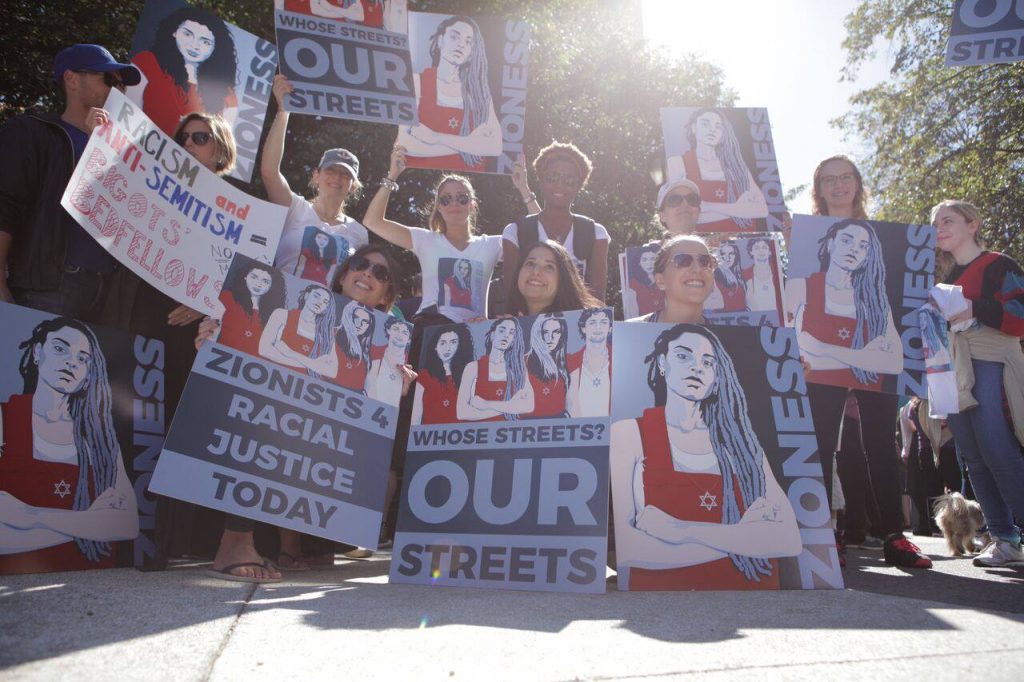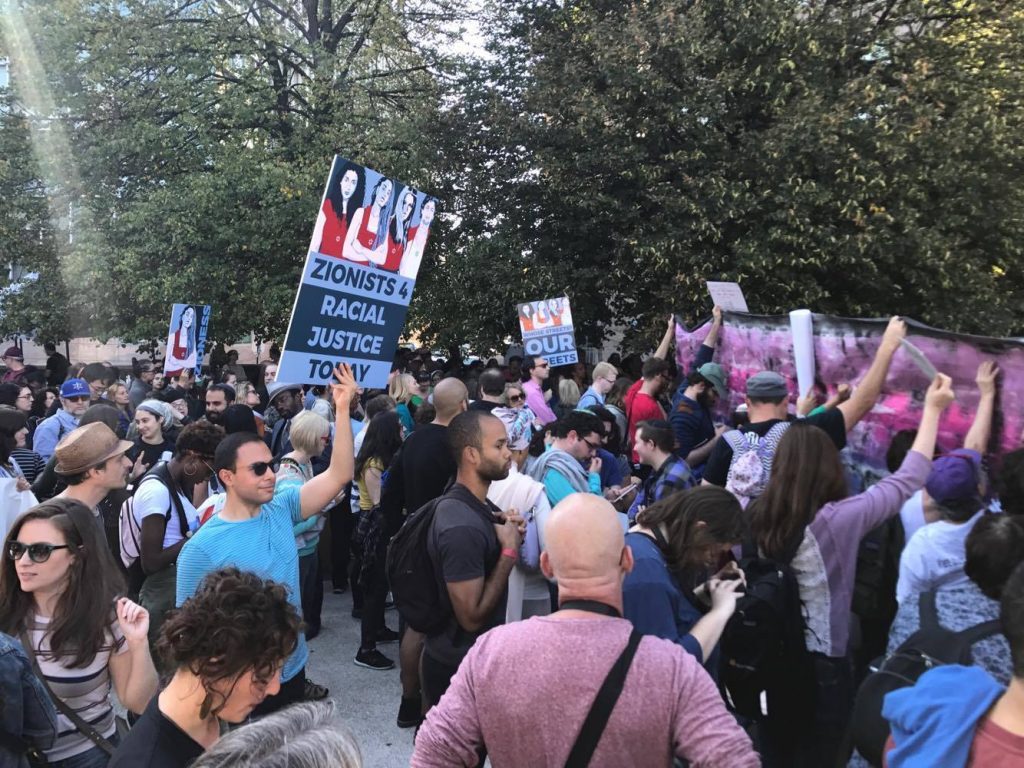
On Sunday, October 1st, the March for Racial Justice held a sister march in Brooklyn, New York, with the mission to stand in solidarity against racial injustices while commemorating the Elaine Massacre. The massacre occurred 98 years ago when White mobs murdered an estimated 100 to 240 Black-Americans who advocated for equal pay and equal treatment on white plantations. Yet on the 98th anniversary of the Elaine Massacre, one of the deadliest racial confrontations in America, issues regarding discrimination of people of color still exist.
After spending the day prior to this event praying in synagogue on Yom Kippur, I was ready to pray with my feet and march against systemic racism. The energy was contagious. During the commencement, while being addressed by powerful speakers, the crowd was snapping, cheering, and chanting. Individuals shared their stories about the forms of discrimination they have encountered from institutions, such as the public education system and law enforcement, all while shedding advice on how to tackle racism.
A theme throughout the march was “We are not truly free until we are all free.” As the granddaughter of a Syrian refugee, the words being spoken resonated with me. The prejudice of Syrian society against Jews that my grandmother experienced resembled other injustices being protested at the march. The anti-Semitism my grandmother endured, how she was jailed in unimaginable conditions, and then forced to escape Syria because she is Jewish, fuels me to stand up against bigotry. While presented in different forms, the hatred against minorities stems from the same dark place of ignorance. My family’s history of being discriminated against and the obstacles I face for being Jewish and a Zionist encourage my involvement in activism.
As I listened to the speeches, a man tugged on my arm and said: “It’s good that you’re listening to this.” Even though I was caught off guard by his comment, I was unsure to what this man was implying. He then pointed to the name of the Zionist organization on my jacket and said: “I wouldn’t expect someone from CAMERA to be here.”

The march was supposed to be about uniting together against oppression, but others were trying to force me out of the conversation. I was ostracized from a movement I strongly believe in because I was a Zionist at a march that had nothing to do with Israel. Others brought their own political agenda to the table. Instead of focusing their energy on actual racial injustices, they were focused on me. Marchers should have been using their voice to call out gentrification or the pipeline from schools to prison but some were too busy using their voice against me. I was being discriminated against at an event that was supposed to be countering discrimination.

Contributed by John Jay College of Criminal Justice CAMERA Fellow Natalie Segev.
